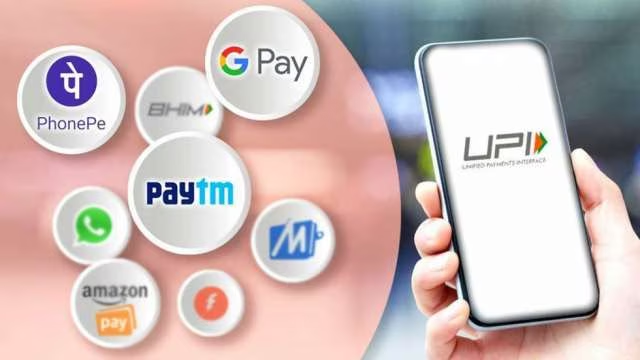Choosing the right online payment processor is crucial for businesses looking to accept payments online. With a myriad of options available, it can be challenging to determine which payment processor best suits your needs. In this article, we’ll compare some of the top online payment processors, including PayPal, Stripe, and others, to help you make an informed decision for your business.
PayPal
Key Features:
- Widely recognized and trusted payment processor.
- Offers both merchant and personal accounts.
- Supports various payment methods, including credit/debit cards, PayPal balances, and bank transfers.
- Provides integration with major e-commerce platforms and custom APIs for developers.
- Offers buyer and seller protection policies.
Pricing:
- Transaction fees vary based on the country, currency, and transaction volume.
- Additional fees may apply for currency conversion, chargebacks, and other services.
Pros:
- Trusted brand with widespread consumer adoption.
- Easy setup and integration with e-commerce platforms.
- Buyer and seller protection policies provide peace of mind.
Cons:
- Transaction fees can be higher compared to some other payment processors.
- Limited customization options for checkout forms and payment pages.
Stripe
Key Features:
- Developer-friendly payment platform with robust APIs and documentation.
- Supports a wide range of payment methods, including credit/debit cards, Apple Pay, Google Pay, and more.
- Offers customizable checkout experiences with Stripe Elements.
- Provides built-in fraud prevention tools and machine learning algorithms.
- Offers subscription billing, invoicing, and recurring payments.
Pricing:
- Transparent pricing with a simple fee structure (e.g., 2.9% + $0.30 per successful card charge in the US).
- No setup fees, monthly fees, or hidden costs.
- Discounts available for high-volume businesses.
Pros:
- Developer-friendly platform with extensive documentation and resources.
- Transparent pricing and no hidden fees.
- Advanced fraud prevention tools and machine learning algorithms.
Cons:
- Requires technical expertise for integration and customization.
- Limited support for some niche payment methods in certain regions.
Square
Key Features:
- All-in-one payment solution for online and offline businesses.
- Offers a range of hardware and software products, including POS systems, payment terminals, and e-commerce solutions.
- Supports various payment methods, including credit/debit cards, contactless payments, and digital wallets.
- Provides inventory management, invoicing, and customer engagement tools.
- Offers transparent pricing with no monthly fees or long-term contracts.
Pricing:
- Transaction fees vary based on the payment method and sales channel.
- No setup fees, monthly fees, or long-term contracts.
- Hardware costs may apply for POS systems and payment terminals.
Pros:
- All-in-one solution for businesses with both online and offline sales channels.
- Transparent pricing with no monthly fees or long-term contracts.
- User-friendly interface and intuitive tools for managing payments and inventory.
Cons:
- Limited customization options for checkout experiences compared to some other payment processors.
- Hardware costs may be prohibitive for small businesses.
Authorize.Net
Key Features:
- Established payment gateway provider with a wide range of features.
- Supports various payment methods, including credit/debit cards, e-checks, and digital wallets.
- Offers fraud detection and prevention tools, including AVS and CVV verification.
- Provides recurring billing, subscription management, and invoicing capabilities.
- Integrates with major e-commerce platforms and custom websites.
Pricing:
- Transaction fees vary based on the pricing plan and transaction volume.
- Monthly gateway fees may apply, depending on the plan.
- Additional fees may apply for certain features and services.
Pros:
- Established payment gateway provider with a reputation for reliability and security.
- Offers a wide range of features, including fraud detection and recurring billing.
- Integrates with major e-commerce platforms and custom websites.
Cons:
- Transaction fees may be higher compared to some other payment processors.
- Monthly gateway fees may add up for businesses with low transaction volumes.
Conclusion
Choosing the right online payment processor depends on your business needs, preferences, and technical requirements. PayPal, Stripe, Square, and Authorize.Net are all popular choices with their own unique features and pricing structures. Consider factors such as transaction fees, ease of integration, customization options, and additional features when comparing payment processors. Ultimately, the best payment processor for your business is the one that offers the right balance of features, reliability, and affordability for your specific needs.

